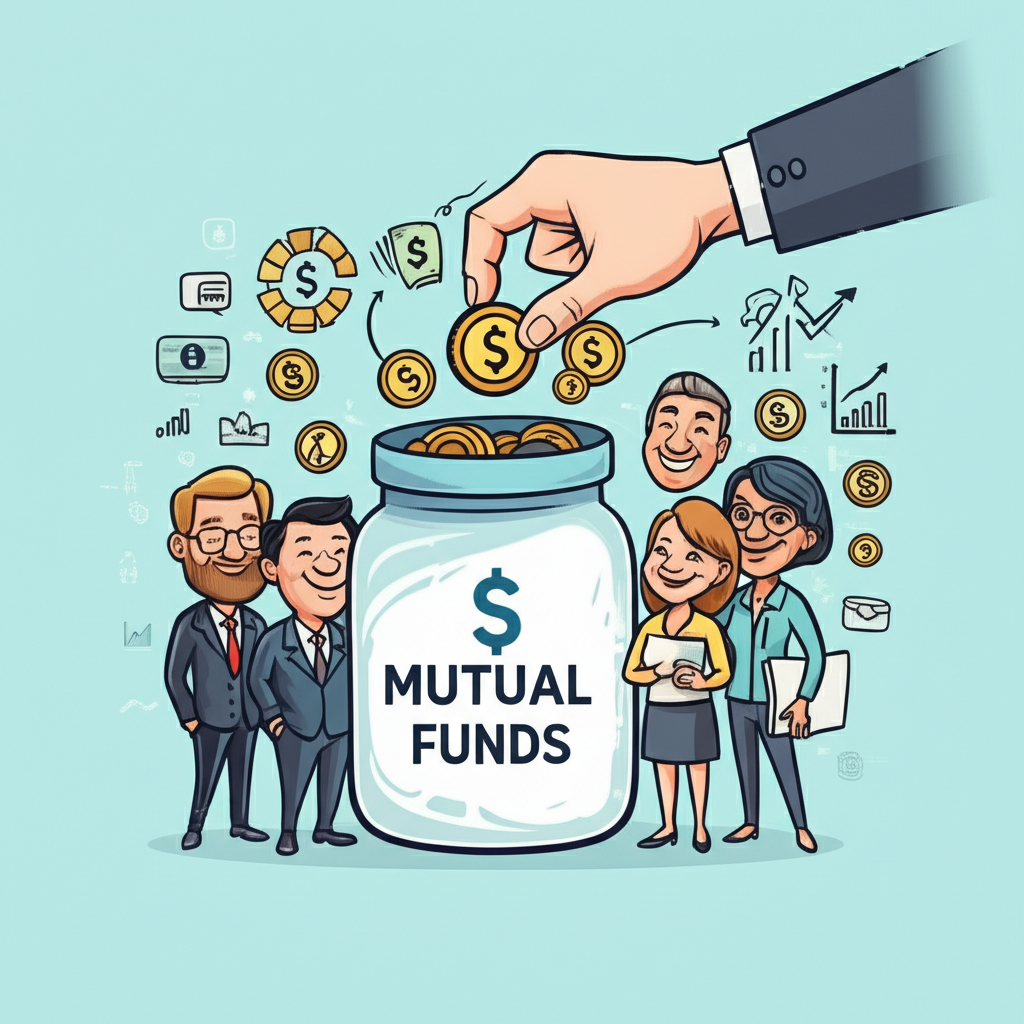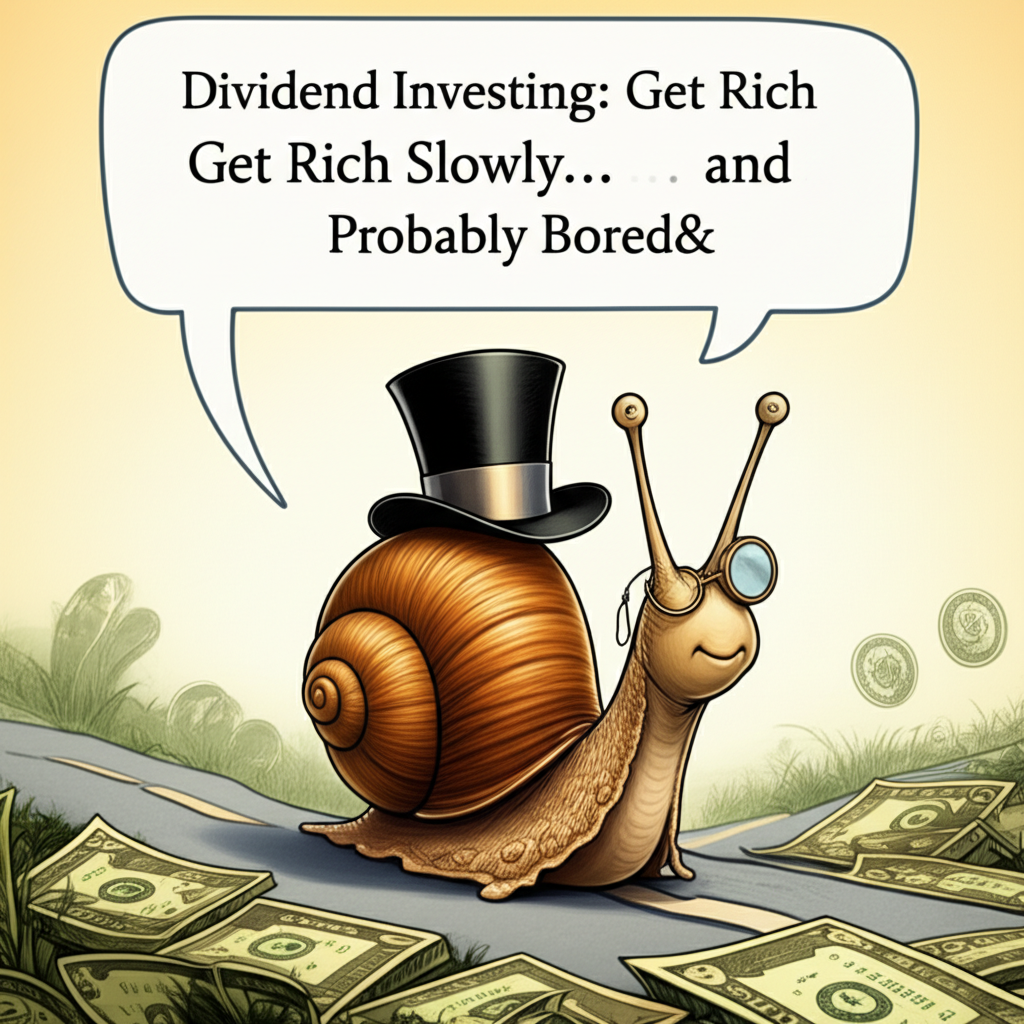
Alright, buckle up, buttercups, because we’re diving headfirst into the thrilling world of… mutual funds! Prepare to be amazed, bewildered, and possibly slightly more financially literate.
Article 1: Mutual Funds: Like a Blind Date, But With Your Money
So, you’re looking to get your finances in shape. You’ve heard whispers of "diversification" and "portfolio management," and you’re thinking, "Sounds fancy! Maybe I should try this ‘mutual fund’ thing."
Think of a mutual fund like a blind date set up by your financially-savvy (or so they claim) friend, your bank. They promise you a night of excitement, potential romance (read: returns), and maybe even a future together. They describe your date (the fund) as "well-rounded," "diversified," and "possessing a strong potential for growth."
Sounds great, right?
Except, on the actual date, you realize your "well-rounded" date is actually obsessed with penny stocks and spends half the evening talking about their "revolutionary" investment in a company that sells glow-in-the-dark cat sweaters.
Diversification, in this case, means owning every cat sweater company in existence, including the one that only accepts payment in tuna.
And the "strong potential for growth"? Well, that’s based on a complex algorithm that involves predicting the migratory patterns of monarch butterflies and the price of artisanal pickles.
The Moral of the Story (Besides Avoiding Glow-in-the-Dark Cat Sweaters):
- Do your homework! Don’t just blindly trust your friend (or your bank) when it comes to your money. Read the prospectus! Understand what the fund invests in.
- Assess your risk tolerance. Are you comfortable with a date that’s a bit… eccentric? Or do you prefer something more stable and predictable?
- Beware of the fine print. Those expense ratios? They’re the hidden costs of your date – the overpriced cocktails, the valet parking, the therapy you’ll need afterwards.
Ultimately, mutual funds can be a good way to diversify your investments. Just remember to treat them like a blind date – with cautious optimism and a healthy dose of skepticism. And maybe a backup plan involving Netflix and a pizza.
Article 2: Expense Ratios: The Sneaky Gremlins Living in Your Mutual Fund
Ah, the expense ratio. The tiny, unassuming number that hides in the depths of your mutual fund prospectus, quietly siphoning away your hard-earned cash like a financial ninja.
Think of it like this: you’re renting an apartment. The rent is $1,000 a month, which seems reasonable. But then you find out there’s also a "maintenance fee" of $200 a month, a "landscaping surcharge" of $50, and a "mandatory interpretive dance class" that costs another $300.
Suddenly, your affordable apartment is costing you $1,550 a month!
That’s the expense ratio in a nutshell. It’s the annual fee you pay to cover the fund’s operating expenses, including management fees, administrative costs, and those mandatory interpretive dance classes for the fund managers (okay, maybe not that last one).
But why should you care? It’s just a little percentage, right?
Wrong! Over time, those seemingly small percentages can add up to a significant chunk of your returns. It’s like having a tiny gremlin living in your mutual fund, nibbling away at your profits every year.
How to Fight the Expense Ratio Gremlins:
- Shop around! Different funds have different expense ratios. Look for funds with lower expense ratios, especially if you’re investing for the long term.
- Consider index funds. Index funds are passively managed, meaning they simply track a specific market index. This typically results in lower expense ratios compared to actively managed funds.
- Read the prospectus! Yes, it’s boring. But it’s also where you’ll find the expense ratio, along with other important information about the fund.
- Don’t be afraid to switch funds. If you’re unhappy with your current fund’s expense ratio, you can always switch to a different fund with lower fees.
Remember, every dollar saved on expenses is a dollar that stays in your pocket. So, arm yourself with knowledge, fight those expense ratio gremlins, and reclaim your financial destiny! And maybe skip the interpretive dance classes.
Article 3: The Fund Manager: A Rockstar in a Spreadsheet?
We’ve all seen the commercials. The confident, charismatic fund manager, standing tall in a skyscraper overlooking the bustling city, promising to deliver exceptional returns and a brighter financial future.
They’re the rockstars of the financial world, right? They spend their days making brilliant investment decisions, sipping expensive coffee, and occasionally shouting "Buy! Buy! Buy!" into a phone.
Well, maybe not quite.
The reality of being a fund manager is often less glamorous and more… spreadsheet-y. It involves a lot of research, analysis, and agonizing over tiny fluctuations in the market. It’s like being a professional poker player, but instead of playing with cards, you’re playing with millions (or billions) of dollars.
The Myth of the All-Knowing Fund Manager:
Let’s be honest, no one can predict the future. Fund managers are smart, well-educated, and highly skilled. But they’re not fortune tellers. They can’t guarantee you’ll make money, and they can’t always beat the market.
In fact, studies have shown that most actively managed funds actually underperform the market over the long term. Why? Because it’s incredibly difficult to consistently pick winning stocks and time the market perfectly.
So, are fund managers useless?
Not necessarily. A good fund manager can provide valuable expertise, manage risk, and help you diversify your portfolio. But it’s important to be realistic about their limitations.
Tips for Choosing a Fund Manager (and Keeping Your Sanity):
- Look at their track record. How has the fund performed over the long term? But remember, past performance is not necessarily indicative of future results.
- Understand their investment strategy. Are they a value investor? A growth investor? Do their investment choices align with your own risk tolerance?
- Don’t be swayed by hype. Just because a fund manager is on TV or in a magazine doesn’t mean they’re the best choice for you.
- Diversify your investments. Don’t put all your eggs in one basket, even if that basket is managed by a "rockstar" fund manager.
Ultimately, choosing a mutual fund and a fund manager is a personal decision. Do your research, understand the risks, and don’t be afraid to ask questions. And remember, even the best fund managers can’t guarantee success. So, manage your expectations, stay informed, and maybe invest in a good stress ball. You’ll need it.


Post Comment